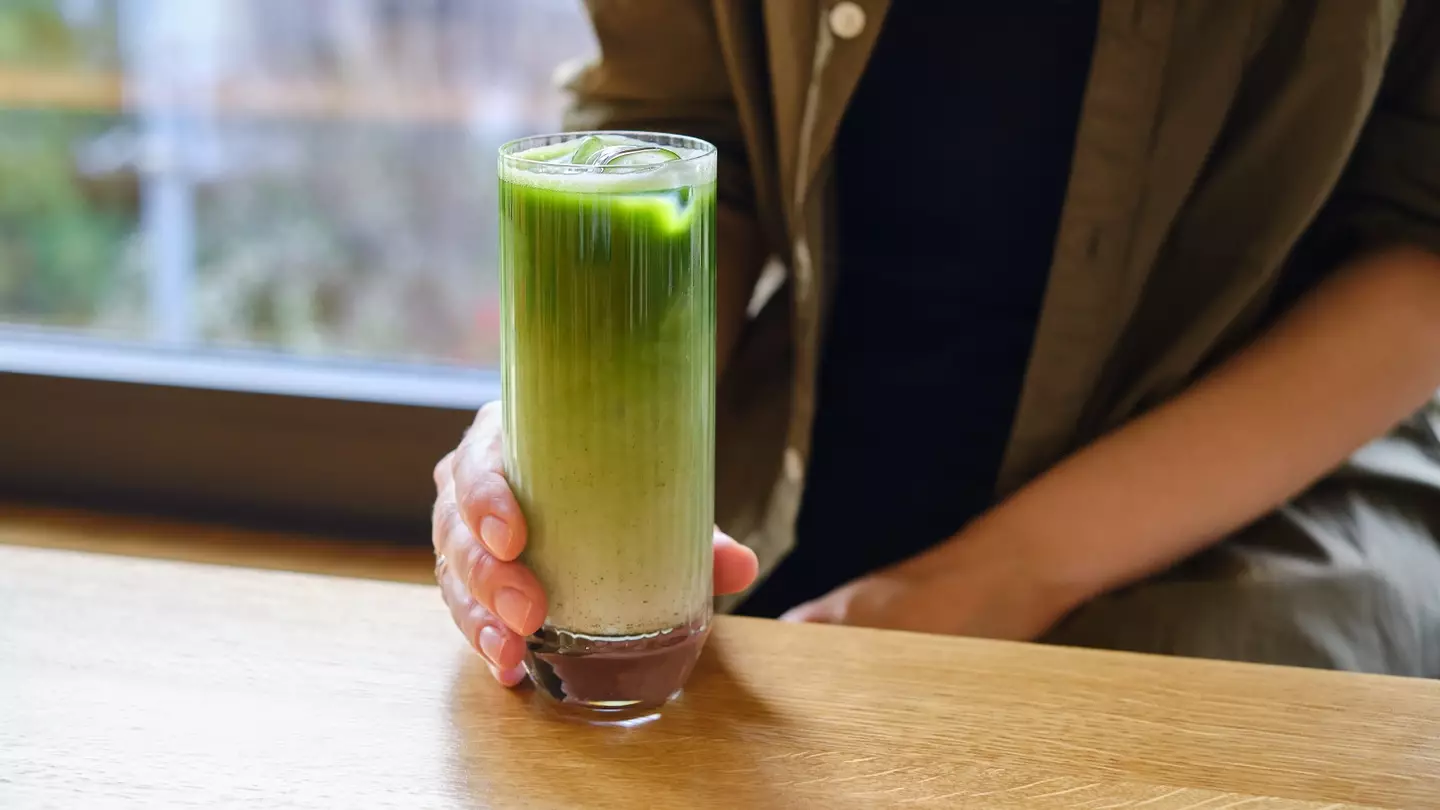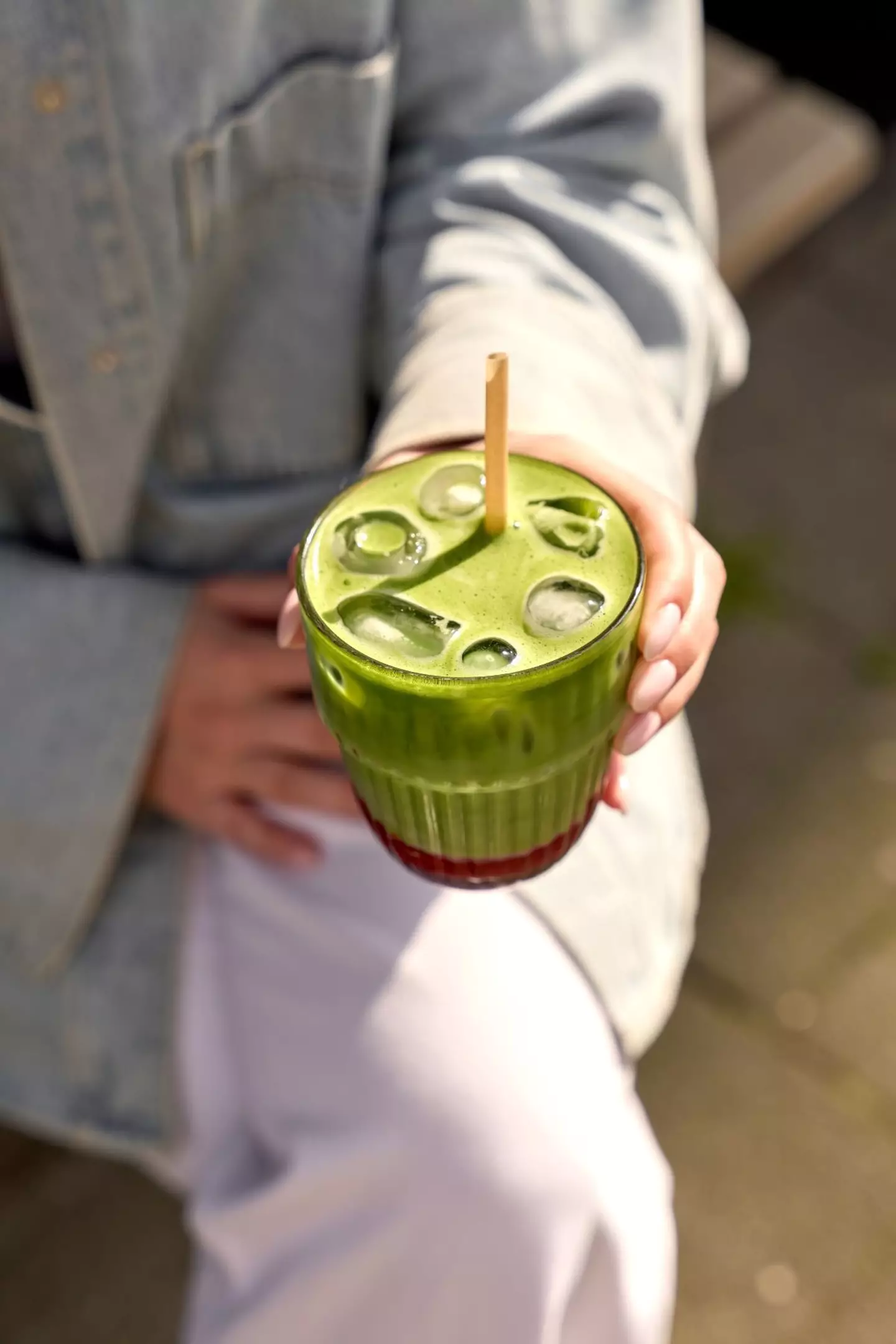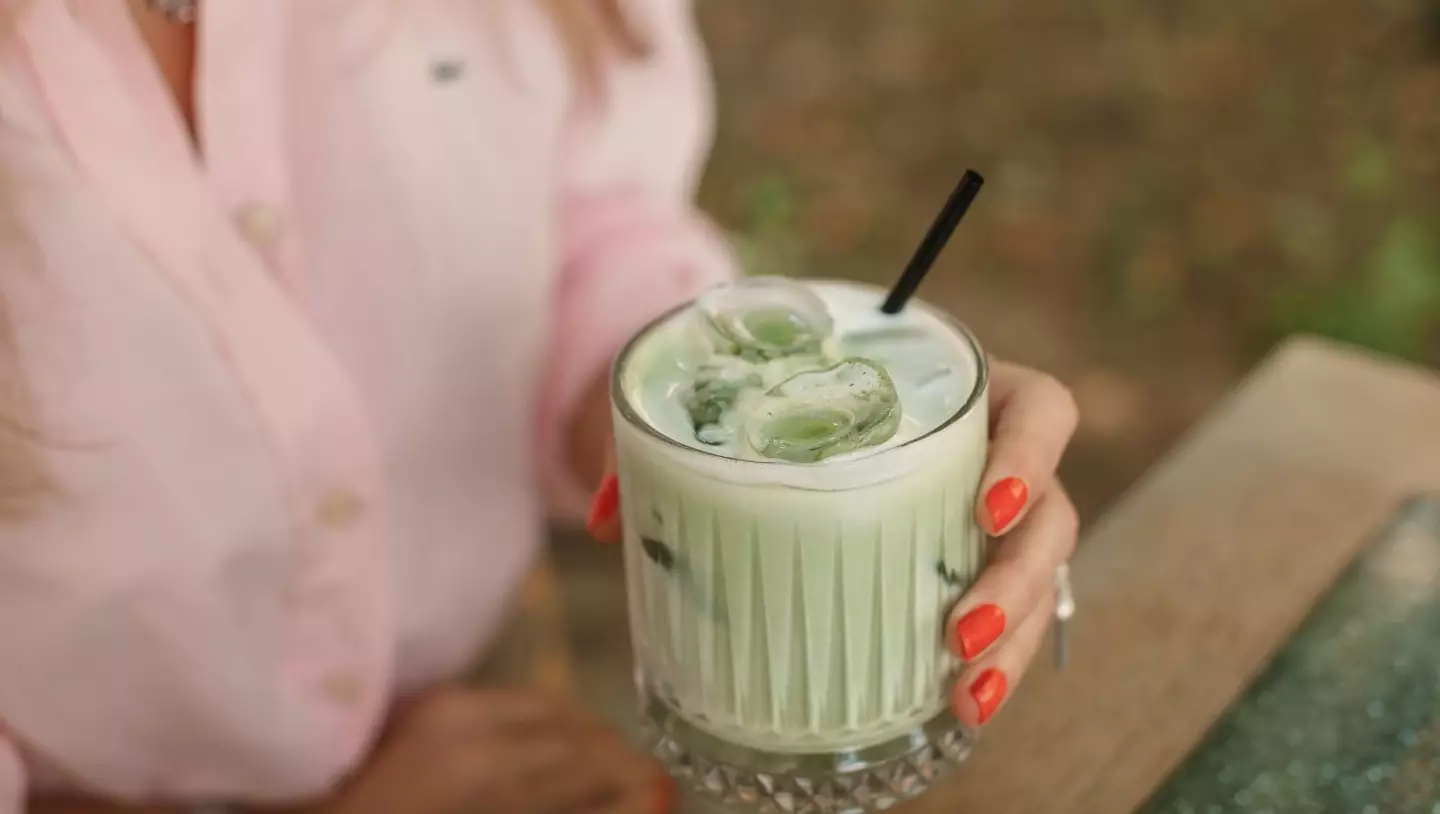
Topics: Health, Food and Drink, Women's Health, Advice, UK News

Topics: Health, Food and Drink, Women's Health, Advice, UK News
A health expert has detailed that habitually drinking matcha could put you at risk of a serious health condition, with side effects possibly including hair loss, fatigue and heart palpitations.
Seemingly every street corner in major cities now plays host to a brand new matcha pop-up.
There are stores dedicated to authentically serving up the traditional tea, ones spiking iced drinks with sweet flavours like strawberry and mango, and establishments changing the game by making soft-serve matcha ice cream.
The UK and US especially can’t get enough of the stuff, with demand for the tea-based powder growing so exponentially that there are talks of a worldwide matcha shortage in the next year.
Advert
Despite having roots in the Chinese Song Dynasty, most matcha is now produced in Japan.
.jpg)
For example, London-based chain JENKI hand-sources its 100 percent ceremonial grade matcha from the Foothills of Uji.
Starbucks has also previously said it sources its shade-grown milled green tea from ‘some of the oldest producers in the world’ while Blank Street opts for PerfectTed, whose headquarters are in London.
If a morning matcha is part of your daily routine, then you may be at risk of a worrying side effect, according to health experts.
Advert
Due to the tannins it contains, consumers of the fine tea powder may begin suffering from low iron levels.
This is because tannins - a class of astringent, polyphenolic biomolecules - may stop our bodies from successfully absorbing iron.

The absorption of non-heme iron, found in plant-based foods like leafy greens and nuts, is especially hindered by the tannins found in matcha, as per Verywell Health.
Advert
Common symptoms of iron deficiency include low energy, hair shedding and increased heart rate, as well as pale skin, headaches and shortness of breath.
Registered dietitian Sarah Martel told the Toronto Star that matcha has a higher percentage of tannins than other green teas because of how it’s ground into a fine powder.
She detailed, however, that not every matcha drink will have the same amount of tannins; dilution with milk, water, and/or flavoured syrups can reduce the amount.
Advert
Ceremonial matcha typically has fewer tannins than culinary grade, which is typically used for cooking and baking - so it’s worth checking what you’re consuming.
If you’re worried about your iron levels, then Martel explained that there are ‘many more’ opportunities throughout the day to get iron from our snacks and meals.
“A reduction in iron absorption at one meal or around one drink doesn’t necessarily mean an iron deficiency will be developed,” she added.

Advert
She explained that this side effect of drinking matcha is unlikely to majorly affect you ‘as long as we’re consuming in moderation’.
So if you’re having two to three matchas every day, you may want to put the drink down and pick up iron-rich foods like red meat, lentils and beans instead.
The good news is that aside from causing iron deficiency, matcha is pretty good for you.
Health experts have previously praised the powder for containing a high concentration of antioxidants, while past studies have said it can possibly help prevent cancer, promote heart health, boost brain function and potentially help to protect the health of your liver, as per Healthline.